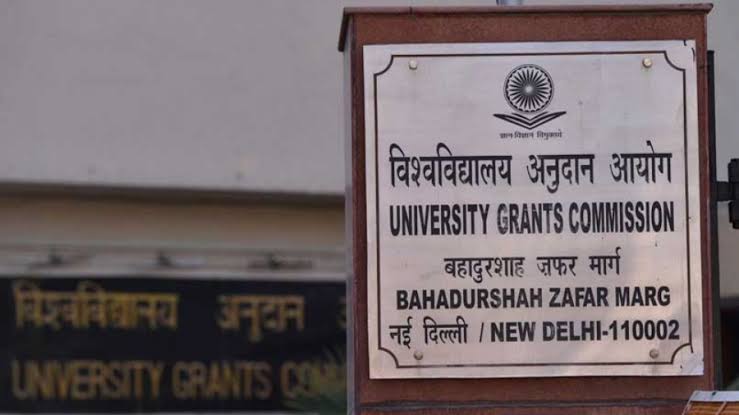Spread across 45 central higher educational institutions nationwide, there are a total of 2,553 posts of professor, 5,110 posts of associate professor and 11,293 posts of assistant professor. In accordance with the laws in place, 15 per cent posts have been reserved for Scheduled Castes (SC), 7.5 per cent for Scheduled Tribes (ST) and 27 per cent for Other Backward Classes (OBC). It is logical therefore to expect these proportions of the three posts to be occupied by candidates of the three reserved categories. But information obtained on 25 August 2023 through an RTI application suggests that reservation norms are not being followed in appointments.
Reservation was granted to the SCs and the STs in government jobs, institutions of higher learning and legislatures with the promulgation of the Constitution. In keeping with the recommendations of the Mandal Commission, OBCs were granted reservation in government services from 1990 and in recruitments and admissions to higher educational institutions from 2009, three years after the relevant laws were enacted in 2006. The University Grants Commission’s answer to my question under RTI reveals glaring irregularities in implementation of the reservation norms.
According to the UGC, as on 1 March 2023, of the total 2,553 posts of professors, only 307 (12.03 per cent) have been reserved for SCs, 142 (5.56 per cent) for STs and 374 (14.65 per cent) for OBCs. Thus, as against a total of 49.5 per cent, only 32.24 per cent posts have been reserved. The situation isn’t much different when it comes to the posts of associate professor and assistant professor.
Thus, the rights of these communities were first usurped when the quotas were decided. Next, even these quotas were not adhered to while filling up the posts. The general category candidates have a higher representation than they are entitled to while reserved posts are lying vacant.
For instance, 1,015 of the 2,553 posts of professor have been filled. Among them, there are just 75 (7.39 per cent) SCs, 18 (1.77 per cent) STs and 63 (6.20 per cent) OBCs. Thus, while 49.5 per cent professors should have been from these communities, their actual share is just 15.4 per cent. But the number of professors of the general category is 836 (82.36 per cent). The situation is no different in the case of associate and assistant professors. Among the associate professors, only 17.3 per cent (8.01 per cent SC, 2.61 per cent ST and 6.71 per cent OBC) are from the reserved categories. In the case of assistant professors, the total share of reserved categories is 36.7 per cent – SC (12.1 per cent), ST (5.92 per cent) and OBC (18.66 per cent).
Now, if we look at the issue from another angle, we find that of the posts of professor reserved for SCs, 75.57 per cent (232 of 307) are vacant. The corresponding figure for the STs is 87.3 per cent (124 of 142) and for OBCs, 83.17 per cent (311 of 374). However, only 45.89 per cent (709 of 1,545) general category posts are vacant.
The situation vis-à-vis associate professors is more or less the same, though it is somewhat better in the case of assistant professors. But even here, the percentage of vacant posts reserved for SCs, STs and OBCs is 18.01 per cent, 22.5 per cent and 26.78 per cent, respectively. On the other hand, only 11.58 per cent unreserved posts are vacant. If this is the condition of the central higher educational institutions, we can imagine what the situation must be in other institutions.
Recently, the Rohini Commission, appointed by the central government in 2017 to consider sub-categorization of the OBCs in 2017, submitted its report to the President of India. It says that only a handful of castes are benefiting from reservations for the OBCs. That may be true but it is equally important to implement the existing norms fully and sincerely.
(Translation from the original Hindi by Amrish Herdenia)
Forward Press also publishes books on Bahujan issues. Forward Press Books sheds light on the widespread problems as well as the finer aspects of Bahujan (Dalit, OBC, Adivasi, Nomadic, Pasmanda) society, culture, literature and politics. Contact us for a list of FP Books’ titles and to order. Mobile: +917827427311, Email: info@forwardmagazine.in)






